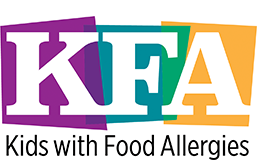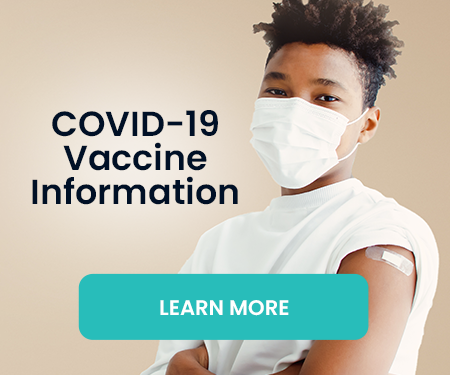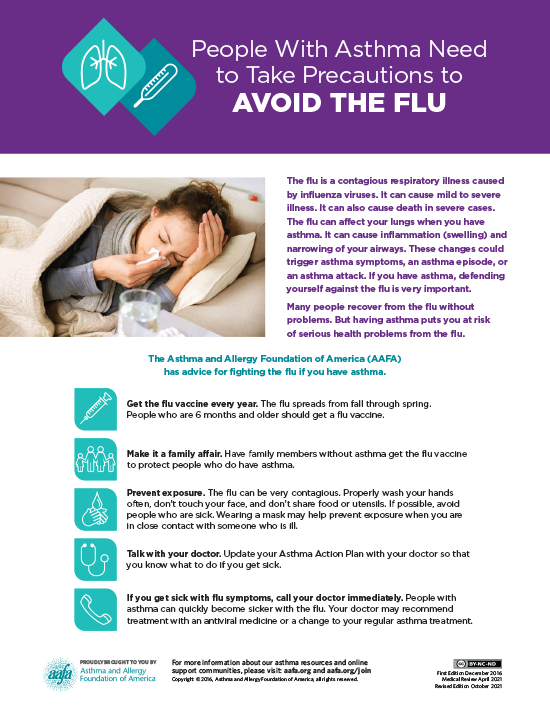Vaccines

Vaccines
Vaccines prevent potentially life-threatening infections from causing severe complications and in rare cases, death. They help your body create antibodies, which are a part of your immune system that help fight off infection.
Most vaccines are injected into the arm or leg. Some vaccines are swallowed by mouth or sprayed into the nose.
What are vaccines made of?
Vaccines contain weakened or inactive parts of a specific virus or bacteria (antigens) that trigger an immune response within the body. The antigen is mixed with other ingredients to become the final vaccine preparation. Vaccines can also have excipients, which are adhesive substances to help in vaccine preparation. To stabilize and preserve vaccines, they may contain water, stabilizers, preservatives, buffer, and antibiotics. Some vaccines also contain adjuvants, which help boost a stronger immune response to the vaccine.
Do vaccines contain food allergens?
There are vaccines that do not contain any food-derived ingredients at all. For example, COVID-19 vaccines do not contain food ingredients. Some vaccines may contain very small amounts of food protein or they may have been grown on a media that contained a food. For example, some flu vaccines are made by growing the virus on chicken eggs. Many studies have shown that the amounts of intact egg protein found in the “egg-grown” flu vaccine are so small that they don’t trigger an allergic reaction.
In addition, there was a concern in the past that individuals with egg allergy should not receive that the measles, mumps and rubella (MMR) vaccine and the varicella vaccine (also known as the chickenpox vaccine). These vaccines do not contain egg protein. Current recommendations state that it is safe for people with egg allergy, even individuals with a history of a severe allergy to egg, to get the flu, MMR, and chickenpox vaccines. There are specific vaccines that are contraindicated in people with a history of egg allergy. For example, the yellow fever vaccine and some rabies vaccines do contain significant amounts of egg protein and should not be given to individuals with egg allergy.
Some vaccines contain gelatin to stabilize them. Gelatin is a protein that comes from mammals (typically cows or pigs) and is used in desserts, candies, and some medicines. Certain vaccines contain gelatin including the live, attenuated influenza vaccine (Flumist), MMR vaccine, rabies vaccine, typhoid vaccine, chickenpox vaccine and yellow fever vaccines. Persons who have had an anaphylactic or severe allergic reaction to gelatin or gelatin-containing vaccine should be evaluated by a board-certified allergist prior to receiving these vaccines.
Learn more: COVID-19 Vaccine Information for People with Food Allergies
Learn more: Flu Vaccines and Egg Allergy
Should I be concerned about reactions to a vaccine?
Vaccines may cause pain, discomfort, redness, and some swelling after administration. This is part of the immune response as the body begins to learn about the virus and builds its “attack” against it. These local reactions are typically mild and last less than 2 days.
Severe, life-threatening reactions following vaccinations can also occur but are very rare. Symptoms can include hives all over the body, swelling of the lips and throat, coughing, and difficulty breathing. In general, a history of a severe allergic reaction to a specific vaccine (e.g., influenza vaccine) should be considered a contraindication to additional doses of the same vaccine. Referral to an allergy specialist is recommended for evaluation and further medical advice. All health care providers who administer vaccines should be prepared for emergencies including severe adverse and allergic reactions after vaccine administration. In addition, these health care professionals who give vaccines to older children, teens, and adults should be aware of the potential for vasovagal reaction. Vasovagal reaction leads to dizziness, nausea, pale skin, sweating, and even fainting after vaccination.
If you have been diagnosed with any severe allergy, especially following immunization with a specific vaccine, you should share the information with the provider and have your epinephrine with you when you get vaccinated. The clinic where you receive a vaccination should be prepared to treat adverse and allergic reactions including immediate access to epinephrine and equipment to manage a severe allergic reaction.
For most vaccines a 15-minute observation period is recommended. Some people should be observed longer (30 minutes) after receiving COVID-19 vaccine.
Things parents can do to help with pain management, fear, and/or anxiety about vaccination or injections:
- Breastfeeding before, during, and after the shot
- Give your child something sweet to drink
- Be honest and calm when talking with your child
- Distract your child while they get the vaccine
- Watching an age-appropriate video can be helpful
- Give hugs and cuddles
- Ask for pain-relieving spray or ointment
- Bring your child’s favorite comfort item
- Talk with your child’s provider beforehand to ask questions
Things providers can do to help with pain management, fear, and/or anxiety about vaccination or injections:
- Inject vaccines rapidly
- Inject the most painful vaccine last
- Use touch stimulation (rub/stroke near the injection site before and during injection)
- Distract the person receiving the vaccine
- Have the patient seated rather than lying down
- Use topical pain-relieving spray or ointment
- Answer any questions from parent and child about the vaccine
- Discuss common benefits and risks of receiving the vaccine
- Provide guidance of when to call back if there are any adverse reaction
Source: CDC.gov
Food Allergy Fact
Although researchers are developing new treatments, there is currently no cure for food allergies.
Medical Review: December 2022 by John James, MD.













